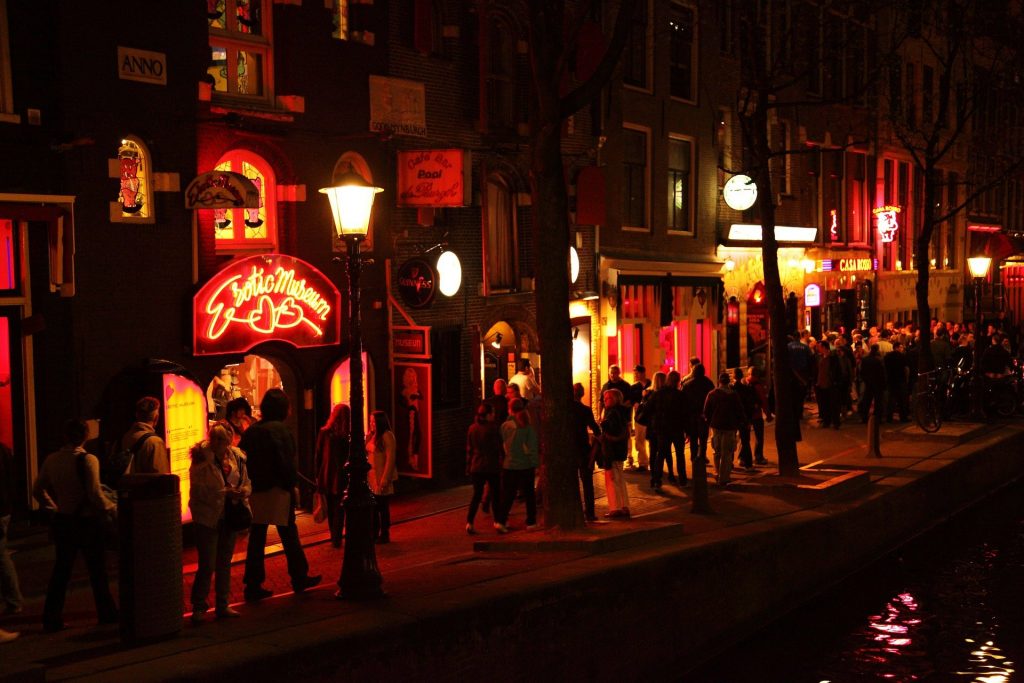Last updated on January 11th, 2021 at 07:01 am
Kind of like the krill swimming upstream to a pod of whales, the Catholic Bishops’ Conference of Scotland has chosen the more uncomfortable route in response to the government’s consultation on prostitution. “Prostitution is wrong because it violates the intrinsic dignity of every human being created in the image of God. We must offer women a way out of exploitation and courageously challenge men’s willingness to exploit. This is the first step to protect people from violence.” They added: “It is necessary to deepen the link that exists between the diffusion of pornography and the exploitation of prostitution.” And here, Italy is a bit Scottish.
The perpetual grey area
Prostitution is legal in Scotland, but any form of inducement or exploitation is illegal. In short, there is no place for brothels, but deciding to sell your body is not illegal. There’s sort of perpetual grey zone, that is, in which the dignity of the people involved is compromised on a daily basis, but by stealth, with rare exceptions, such as Coburg Street, the red light district of Leith, about which travel sites warn: “Even during the day you can be mistaken for a prostitute.” In general, therefore, in the country one does not see “mercenary sex workers on the streets, who procure fantastic illusions,” as Giuni Russo (1951-2004) – the Sicilian artist who was the protagonist of a sensational conversion to Catholicism – sang. But exploitation exists just the same, so much so that even the government has been forced to deal with it through a national consultation. Among those who responded, the Catholic episcopate went far beyond the diplomacy typical of today’s times.
In the responses, compiled by the Parliamentary Office of the Scottish Bishops’ Conference, there is a snapshot of a dramatic problem, but also a proposal for a radical solution: “Prostitution is an offence against the dignity of another person and of God. It is of paramount importance that society offers the people involved the opportunity to leave the world of prostitution. The government may not be able to create jobs for everyone, but it can support the process and is obliged to support entrepreneurial activities, creating conditions that guarantee job opportunities and stimulating activities where these are lacking.”
Regulate or cancel?
The Scottish bishops, as first reported by Charles Collins on the Catholic news portal Crux, also wanted to address the connection between pornography and prostitution. Many people feel OK because they don’t materially buy a woman’s body by paying for prostitution, but they do the same thing through pornography, a different but equivalent commodity, and the result doesn’t change.
“Treating sex as a commodity offends the dignity of the human person,” the Scottish Catholic Church makes clear. “Pornography objectifies people and hurts the dignity of all: actors, sellers and audiences, as each becomes the basis of the other’s pleasure and illicit profit.” Krill in an ocean of whales all the way, the Scottish bishops say: “Civil authorities should prevent the production and distribution of pornographic material as part of a wider approach to the laudable attempt to change attitudes towards paid sex. And pornography should be completely put out of reach of young people and children, especially online, where access is easy and immediate.” Sometimes the most practical, political and secular advice comes from clergy, rather than from the professional political class.
